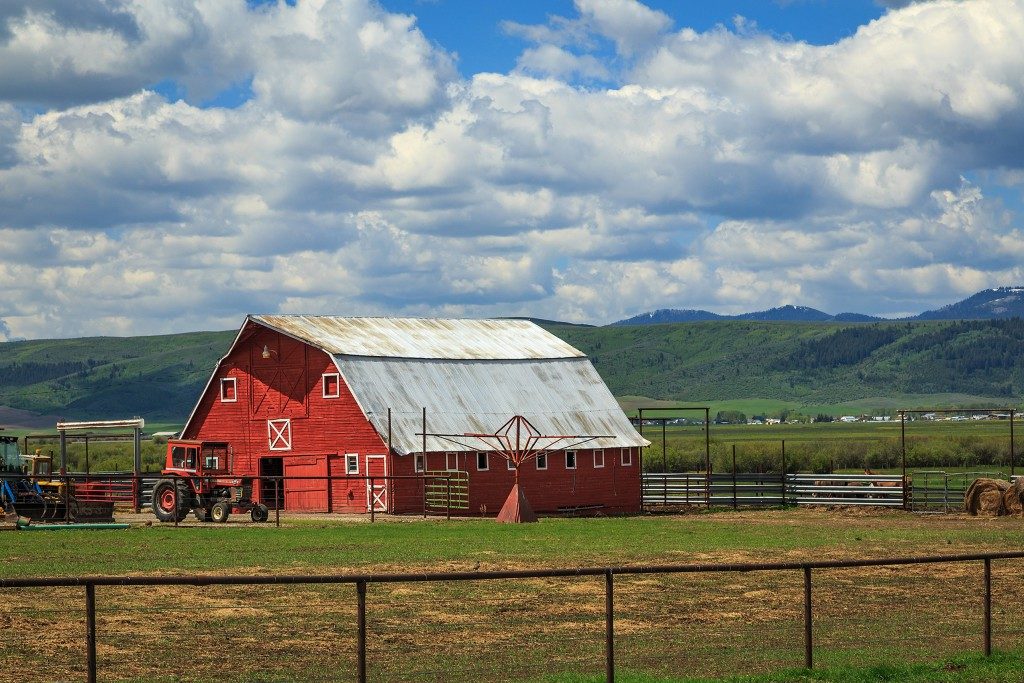Starting a farm business is a challenging yet very noble endeavour. If you want to try your hand at working the soil and you think you can handle whatever challenges that dream presents, you have to keep these considerations in mind.
Lay of the Land
You need to take an environmental survey of your land. Take time to know the farmland well by knowing its different aspects like terrain, pH level, known pathogens in the area, climate, accessibility to water and market, elevation, and soil quality. By knowing these things, decision-making will be way easier going forward. Also, you can be more equipped to anticipate potential issues.
Choice of Crops
You need to match the land with suitable crops to enjoy a good harvest. Consider the soil quality and climate of your farmland and choose crops that are well adapted to the type of land you have. A good exercise would be to check out neighbouring farmlands and see what types of crops they are growing. Also, check the nearest markets and see what kinds of products are in high demand and short on supply.
Crop Protection
Protecting your crops from pests, weeds and livestock is a serious matter in farming. To do this, you have to build fences to keep livestock out. You also need to apply pesticides and herbicides to kill weeds and pests that devour your crops. You can do this using a farmer spray machine or employ a more advanced method like aerial spraying.
Business and Marketing
Have a solid business and marketing plan even before planting your first batch of crops. Identify potential markets and establish sales and distribution channels. This ensures that your farming venture stays profitable and financially sustainable for the long run.
Target Market
How do you plan to find and reach your target customers? In the first place, what type of customers do you want? You need to assess and identify the people you are going to sell your products to, as well as where and how you are going to sell your fresh produce.
Realistic Goals
 You have to be reasonable here. Since you are only new to farming, you cannot expect to know everything at this point. You will have to learn in the process. So, start small and allow time for other details to be finalised. Find the pace that works just right for you.
You have to be reasonable here. Since you are only new to farming, you cannot expect to know everything at this point. You will have to learn in the process. So, start small and allow time for other details to be finalised. Find the pace that works just right for you.
Grants and Loans
Even if you are just starting small, you still need capital to jumpstart your farming business. For you to be able to invest a huge amount in this new venture of yours, you can seek relief from grants and loans that specifically target beginning farmers. Use the money to purchase farming equipment. Make sure to include financial planning in your business plan, as well.
Farming not just involves physical toil; it also takes business acumen and mental strength to become a successful farmer. And once you do, there is nothing more rewarding than seeing the fruits of your labour making their way to the kitchen of many homes.

